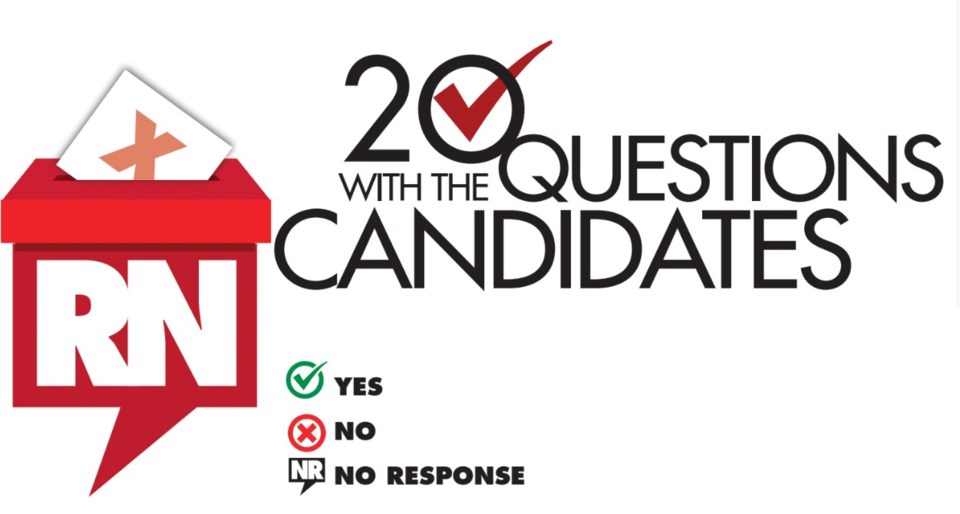It was a big day for us on Saturday.
Hmmm … I might have said something similar after Thanksgiving a few years ago when there was advance polling for the federal election. That time, it was my son’s first time casting a ballot. On Saturday, it was my daughter’s.
Regardless, I was a proud momma — even taking a picture of the three of us outside of city hall, much to the chagrin of my kids.
But getting to the polling station was the easy part. The challenge was going through all 62 candidates and trying to explain who stands for what. I offered to just tell them who to vote for, but if you know my kids, you’d know how well that went over.
So, Saturday morning at breakfast, we went through the list. It was a long breakfast and even then, I couldn’t do half of the candidates justice. But who am I to complain? Vancouverites have 158 names to choose from for everything from mayor, school trustee and parks board.
At Thanksgiving dinner my niece said she’s heard about a speed-dating-like event where voters could have a one-on-one with each Vancouver candidate. It’s a crazy idea, but then it’s a crazy situation — so let’s talk about wards.
When I was in Grade 6 growing up in Calgary, I remember our “alderman” came to our class to talk about city politics and how it’s his job to represent our neighbourhood. Calgary still has a ward system, which means you only have two votes, one for a representative of your ward and one for the mayor. Even if there are over a hundred candidates running throughout the city, with 14 wards, only about five maybe 10 would be running in your ward.
The argument against the ward system is that councillors would then just represent their specific neighbourhood, not the city as a whole, and this could give rise to some paralyzing not-in-my-backyard battles on council.
The advantage, beyond not having to remember 62 names, is that the council itself would be more diverse and representative of city’s make-up as a whole.
(Fun fact: A ward system was used when Richmond held its first election in 1880. Although balloting didn’t happen until 1889 because up until then all the candidates won by acclamation. In 1946, Richmond switched to our current at-large system.)
While there are pros and cons to both systems, with a voter turn-out rate at 32 per cent (last election), the greatest threat to our democratic process is simply a lack of citizen engagement. Presenting people with an overwhelming task of sorting through 60-plus names doesn’t help.
A ward system may not be the best alternative, but it’s something to consider, particularly when we’re already considering an alternative electoral system at the provincial level.
Meanwhile, for this election, we have what we have, so get out and use it. As my dad says, “vote early, vote often.”



